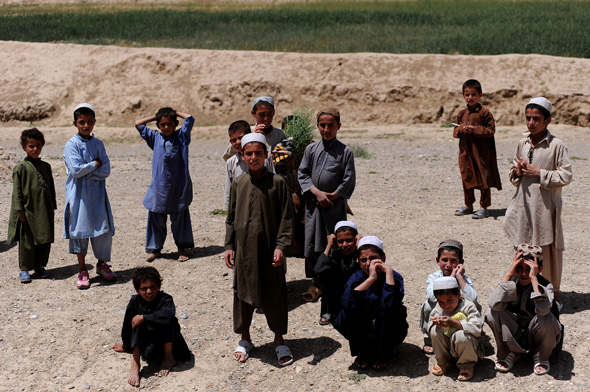The original version of this op-ed, by Jennifer Dabbs Sciubba, appeared in The Philadelphia Inquirer.
Most experts agree that the mark of long-term success in Afghanistan will be stable governance that allows the economy, democracy, and the people to flourish. Many factors will determine that, but a major one that seems to be left out of most high-level conversations is population.
Afghanistan is a country of 31 million people, but that number will double by 2035, according to the most recent UN projections, and could reach 126 million by midcentury. That’s 95 million more Afghans to govern, clothe, feed, and employ.
Without attention to population, countries like Afghanistan and Pakistan stand a good chance of staying mired in poverty, conflict, and corrupt, repressive government. That is why sustained investment in family planning by the United States and other countries would do more to stabilize the political climate there than any other foreign policy initiative. Though efforts by the Afghan government to provide contraceptives have met some resistance by conservative Muslim groups, the success of family planning in other Muslim states demonstrates that it can be effective.
Continue reading on The Philadelphia Inquirer.
Sources: UN Population Division.
Photo Credit: “100430-F-2616H-050,” courtesy of flickr user Kenny Holston 21 (Kenny Holston).

 A Publication of the Stimson Center.
A Publication of the Stimson Center.




